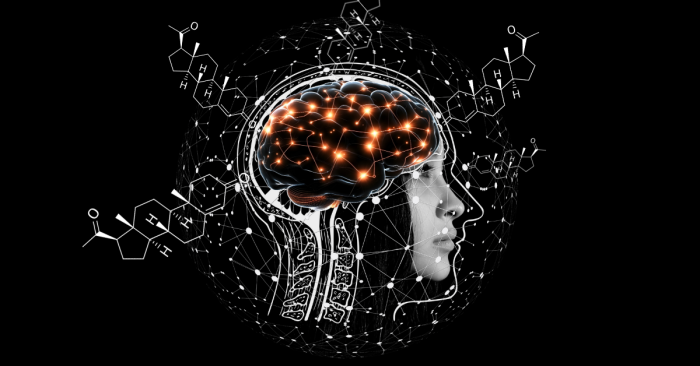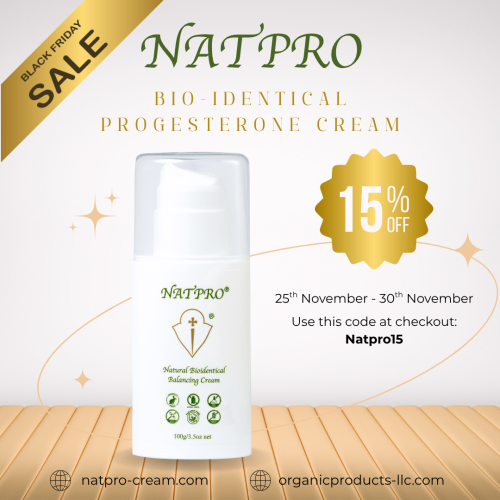Insomnia for over a year....
by Angela
(Georgia)
I started off using bioidentical progesterone as advised through Dr. John Lee's book and even through articles on Ray Peat's website. This worked well for me for quite sometime. Until our family went through a very difficult time a little over a year ago. That's when my insomnia began and the cream didn't seem to help. I would lay awake at night with a racing heartbeat.
After trying pretty much everything(supplements) from tryptophan to melatonin. I sought the help of a naturopath. She began me on Tri-est sublingual with progesterone and testosterone, DHEA, vitamin d, iron(as those were low), adrenal support. After a couple of months of doing this, I wasn't getting a period and I was still not sleeping. I requested that I be put on a progesterone only troche. Which ended up being a 180 mg progesterone troche. When I first began this my heartbeat increased so much that I had pulsatile tinnitus. My Dr. advised I go to the ER. I decided to first take a magnesium bath and supplement with extra magnesium to see if that would help and it subsided. Afterward though, I was feeling very cautious when taking the troche, as the smallest amount was very stimulating to me.
A couple a weeks ago, I was reading your website and decided to just try taking more until my symptoms subsided. As I increased the amount i didn't have the tinnitus issue this time and I was very pleased to find that it helped calm my heart rate. It's been helping me sleep better, not as i good as i used to sleep, but definitely better. The first week I was taking between the troche and progesta care between 500 to 800 mg. to get my heartrate to calm and help me sleep. The second week I began using your cream in lieu of the other, along with my troche. But, I was needing closer to 1200 mg to get my heartrate to subside to sleep.
Well, my compounding pharmacy now will not renew my prescription since I filled it twice in two weeks. They need my dr's approval to fill another one so soon. I've messaged my doctor about this asking if she would also add a 600 mg. progesterone suppository since I seem to be needing more at night to sleep. Your cream works well, but I'm having to use a lot of it and I'm not sure if using 6 tsps. a day will lessen the efficacy. Anyways, it doesn't sound like my doctor is willing to work with me using higher levels at this point,so we'll see. But, the higher levels are the only thing that is bringing relief, helping me sleep, and feel better.
So, your cream is all I have at the moment. Can I keep using it at the levels mentioned above and have it remain effective? I am using the cream every place conceivable each day. Once my symptoms subside and my sleep is more consistent, I would then work down from there. As my hormones go through there different phases I expect the amount of cream I need will probably change as well. Also, when applying the cream if I shower a few hours later do I loose some of the benefit?
I also want to thank you! It is such a blessing to find a website that is so thorough. There can be a lot of confusion in the differing information on the subject, much that isn't helpful. I really can't thank you enough for the time you've given to offer your help and insights. I appreciate also that you share in the experience firsthand as well!
Comments for Insomnia for over a year....
|
||
|
||
 Are you struggling with irregular cycles, unwanted hair growth, or unexplained fatigue? You’re not alone. Polycystic Ovarian Syndrome (PCOS) affects up to 10% of women of reproductive age—and many mor…
Are you struggling with irregular cycles, unwanted hair growth, or unexplained fatigue? You’re not alone. Polycystic Ovarian Syndrome (PCOS) affects up to 10% of women of reproductive age—and many mor… While progesterone is often discussed in relation to reproductive health, emerging research reveals its remarkable role in supporting brain function and protecting against neurological decline. Proges…
While progesterone is often discussed in relation to reproductive health, emerging research reveals its remarkable role in supporting brain function and protecting against neurological decline. Proges… Incase you missed it!
Today is the last day for you to claim 15% off our Natpro 100ml Dispensers. The sale ends at midnight tonight.
How to Claim Your 15% Discount:
•Shop at
Incase you missed it!
Today is the last day for you to claim 15% off our Natpro 100ml Dispensers. The sale ends at midnight tonight.
How to Claim Your 15% Discount:
•Shop at  To all our valued customers, We’ve heard your requests for more flexibility with payment options and clearer access to usage and dosage instructions, and so we’re delighted to announce the launch of o…
To all our valued customers, We’ve heard your requests for more flexibility with payment options and clearer access to usage and dosage instructions, and so we’re delighted to announce the launch of o…